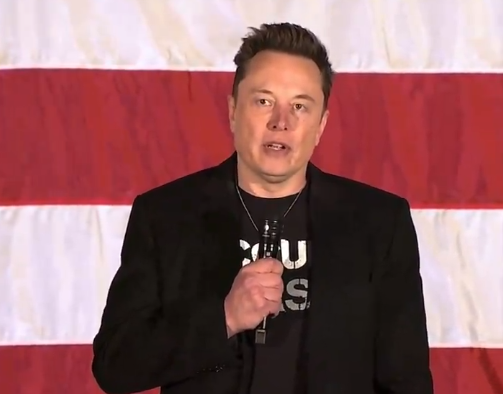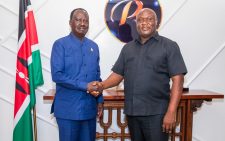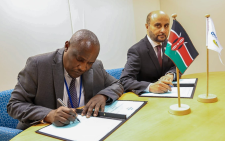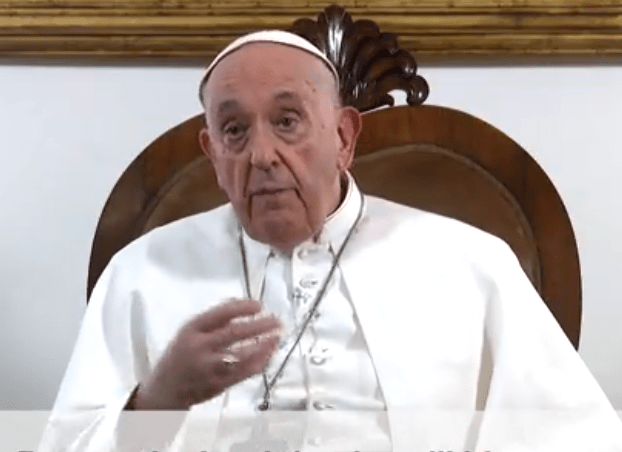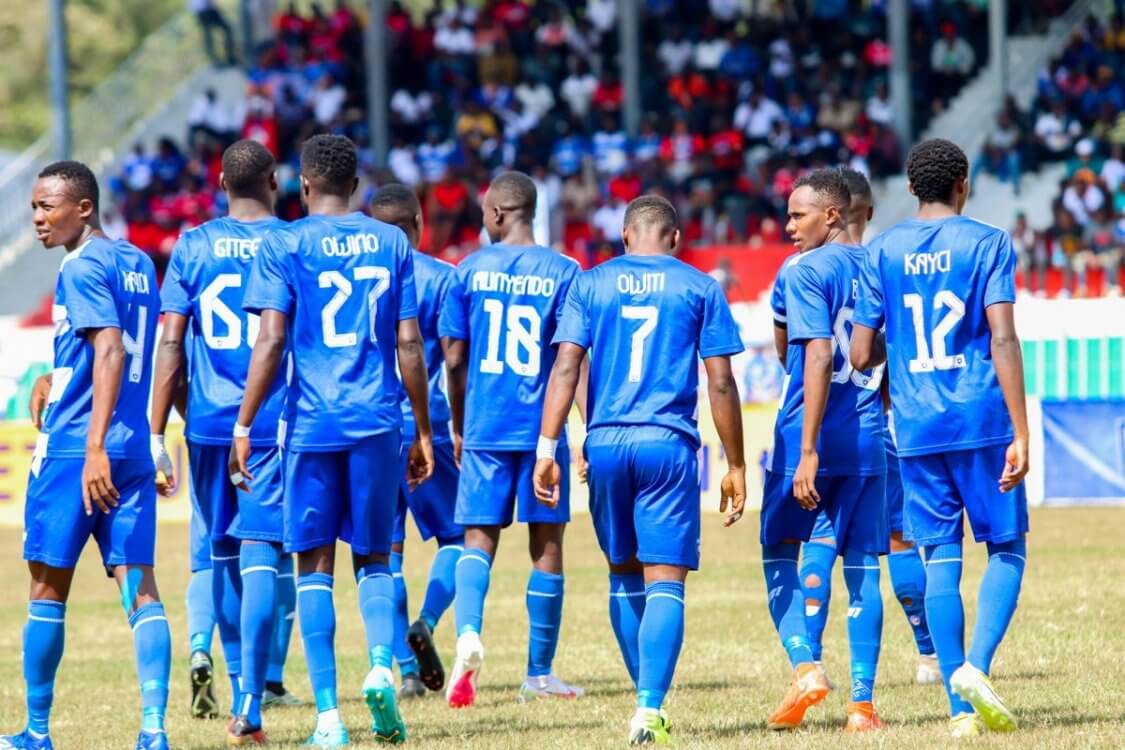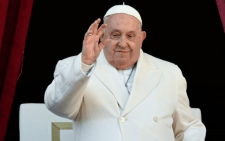Anti-crime bodies jittery over Ruto’s purge threat
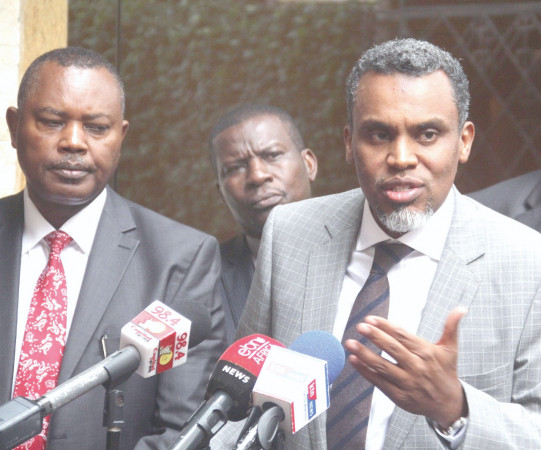
Heads of the country’s top investigative agencies are not resting easy after Deputy President William Ruto singled out their institutions for a clean-up if he wins the August presidential election.
After he was formally crowned the United Democratic Alliance (UDA) presidential candidate, Ruto directly accused Ethics and Anti-Corruption Commission (EACC), Kenya Revenue Authority (KRA) and Directorate of Criminal Investigations (DCI) of running political errands, promising to “free them from State capture.”
These institutions have become punching bags for politicians in Ruto’s camp who feel they are being unfairly targeted. Since he fell out with President Uhuru Kenyatta shortly after the 2017 General-Election, the DP has directed his anger at these agencies, claiming they were acting at the behest of senior officials in the Jubilee Government. “On our first day, we will free the DCI and the KRA from State Capture. They have weaponised DCI, EACC and KRA to run political errands. We will professionalise the DCI’s office and the KRA for them to discharge their constitutional and legal duties,” he said.
Perform optimally
He said his team would do everything possible, if they it takes power, to ensure the institutions perform their roles optimally without external interference. “As they weaponise the KRA, we will do the complete opposite, we will professionalise KRA, digitise it and make sure it collects more taxes professionally,” he added.
He did not state how he would “free” them as some of the office holders enjoy tenures of office protected by the law. This would make it difficult to remove them. It is also not clear what “freeing” means, although Ruto’s allies have accused the institutions of working under orders of the Ministry of Interior and National Co-ordination.
The DCI is headed by George Kinoti, a long-serving police officer who has steadily risen from the lower ranks of the Service. Uhuru picked him in 2018 for a six-year term, although an occupant of the office serves at the President’s discretion.
Commissioner-General Githii Mburu heads KRA while Twalib Mbarak is the EACC chief executive officer. The KRA board appointed Mburu for an initial three-year term in July 2019, only for Treasury Cabinet Secretary Ukur Yatani to extend his term in 2020 by two years.
The EACC board of directors appointed the anti-corruption chief executive in 2018 for a six-year term.
DCI Noordin Haji has been under pressure from the DP’s team for alleged partisan conduct.
Yesterday, Haji addressed these accusations, saying his office was independent and made decisions guided by the law.
“As ODPP, we will continue to execute our mandate in accordance with the law without fear or favour and guided by facts and evidence. Let us play our respective roles to enhance confidence in the electoral processes,” said the DPP during a workshop on electoral justice held at Safari Park Hotel, Nairobi.
With the General-Election slightly over four months away, heads of these institutions may follow the polls keenly as the winner might determine whether they will continue serving in office.
Kinoti has come under criticism from Ruto’s camp owing to the nature of his work, although he has often said he is a neutral actor, as demanded by his office.
When police officer Kipyegon Kenei, attached to the DP’s Harambee Annex office, died mysteriously in February 2020, Ruto said the DCI was engaging in a charade to score political points.
Earlier, in a highly publicised press conference, the DCI had presented CCTV footage of Kenei’s last moments in office. The footage captured his movements around the building, attracting the DP’s wrath. No one has been arrested for the murder to date. In November 2020, Kinoti came under criticism from Ruto’s allies when he sought to reopen files on the 2007 post-election violence cases.
Not intimidated
Despite the claims, Kinoti has stood firm, claiming independence of his office. Although he has not responded to Ruto’s recent accusations, Kinoti has in the past said he would not submit to fear and intimidation. “This war (on corruption) will continue. We are not intimidated whatsoever. The Constitution gives the National Police Service express authority to fight corruption,” he said previously.
Ruto’s allies have also directed their anger at the EACC, often over mounting cases against them, claiming they were being pursued for working with the DP.
Kirinyaga Governor Anne Waiguru, who is among Ruto’s high-profile lieutenants in Mt Kenya region, dismissed renewed attempts to prosecute her over Sh10 million allegedly received as travel imprest for questionable trips. She has denied being paid despite not travelling.
Early last week, the anti-graft agency forwarded her file to the DPP for action.
Waiguru termed it a political witch-hunt against her for working with Ruto.
“This recommendation by EACC is pure politics intended to punish my move to UDA and to send a message to would-be defectors as to the false charges that awaits them. The issue here relates to accounting for imprest. The auditor-general’s report records billions not accounted for in imprest from OP, Government ministries, Parliament, etc. No public officer has ever been charged for late accounting because such delays are normal and expected. There is no allegation that money was lost, only that it was accounted for late,” she said.
